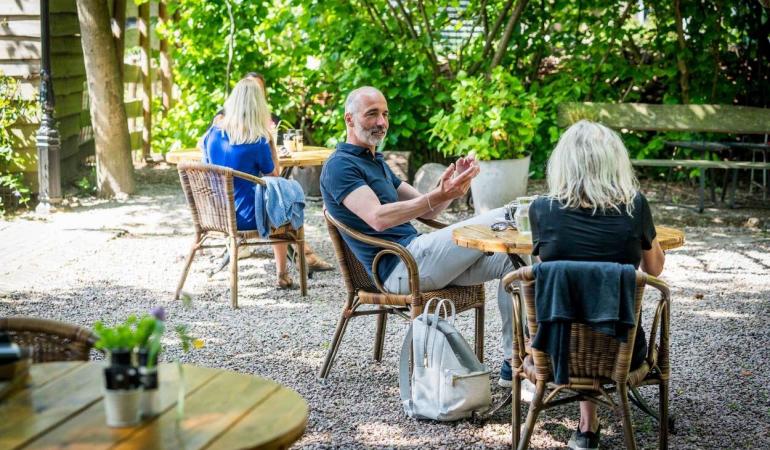
In the long-term approach to the COVID-19 pandemic, the Dutch government is assigning a key role to civil society and private citizens. When asked what their priorities are in that context, the answer was to prevent delays in surgical interventions. A secondary priority was social, mental and economic health. There is broad public support in the Netherlands for maintaining basic hygiene recommendations and continuing to test in the event of symptoms. These findings are from research conducted by RIVM, in partnership with Populytics.
Preventing delayed care
Research participants found it very important for surgical interventions not to be delayed and to ensure that society is open and accessible to everyone (including people in vulnerable health). In the event of a new surge in COVID-19 cases, their first priority is preventing ICUs from becoming overburdened, followed by addressing learning disadvantages, keeping sectors open (such as hospitality and culture), and preventing mental health problems.
Willing to accept preventive measures
To prevent a resurgence of COVID-19, many people are willing to follow some basic recommendations even when the epidemiological situation is calm, such as washing hands, testing in case of symptoms, and ventilating indoor spaces. This is also evident from the results of additional survey-based research: the percentage of people who get tested if they have symptoms is still high. If the coronavirus SARS-CoV-2 resurfaces in the autumn, and this leads to increased pressure on healthcare, many people would support measures such as a booster campaign, encouraging self-testing and making self-testing available free of charge, and working from home as much as possible. However, participants indicated that they would like to know which policy considerations are being made. If these considerations are understandable and predictable, support for measures increases significantly.
About the study
The RIVM Corona Behavioural Unit, together with Populytics and Delft University of Technology, conducted two preference studies, in which a representative group of 5,000 Dutch people were surveyed. In addition, focus groups were held with people from civil society on such topics as welfare, healthcare, education and childcare, and the events sectors. The results of this study are described in a report on the long-term approach to COVID-19 policy: preferences of citizens and civil society (in Dutch).
The findings from this study are in line with recent trend research and large-scale survey-based research by RIVM, GGD GHOR Nederland and the Municipal Public Health Services (GGDs).